Slow Down, Connect Deeply: How Conscious Travel is a Win-Win for Planet and People
Muhe - Thursday, 17 July 2025 | 03:30 AM (WIB)
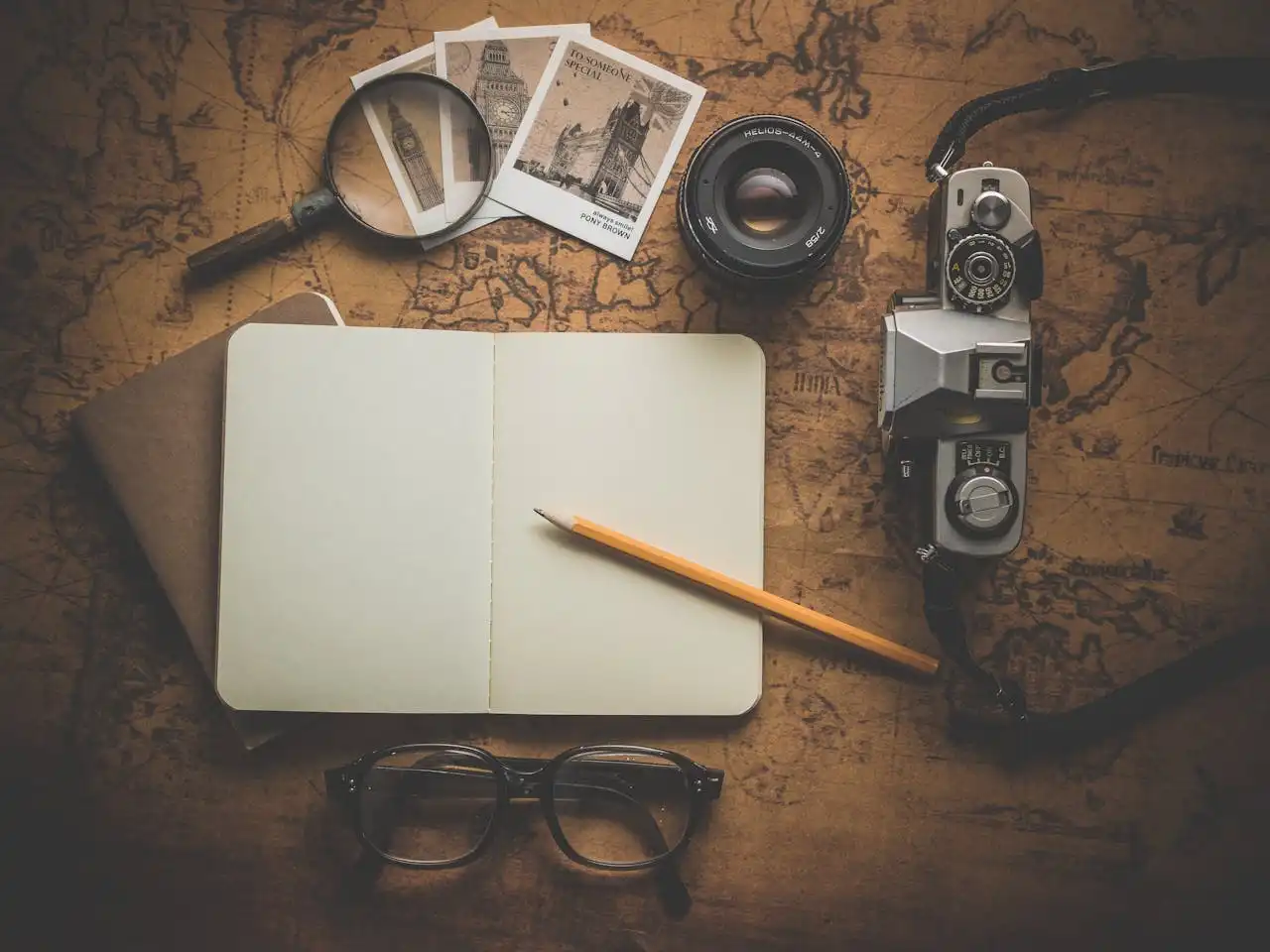

What Exactly is Slow Travel, Anyway?
Think of it less like a frantic buffet and more like a leisurely, multi-course meal. Slow travel isn't about ticking off a bucket list; it's about savoring moments. It means choosing quality over quantity, diving deep into one or two destinations instead of hopping through five. You’re not just seeing places; you're experiencing them. You're letting go of the pressure to "do it all" and instead embracing the joy of simply "being." This isn't just a trend; it's a conscious choice to travel more mindfully, opening the door to connections that go far beyond surface-level tourism.A Lifeline for Local Communities
One of the most beautiful aspects of slow travel is its profound positive impact on the people who call a destination home. When you travel slowly, you’re naturally drawn away from the big, generic tourist traps and towards the authentic, local gems. Forget the chain hotels and the souvenir shops that could be anywhere in the world. Slow travelers are the ones seeking out the artisan who hand-weaves scarves, the little bakery with the grandma who's been making pastries for fifty years, or the family-run guesthouse tucked away on a cobbled street. Every dollar you spend at these locally owned businesses? It stays local. It circulates within the community, supporting families, creating jobs, and preserving traditions. Imagine enjoying a hearty meal at a family-run trattoria in Italy, or buying a unique piece of pottery directly from the artist in Oaxaca. You're not just getting an authentic experience; you're directly contributing to the economic well-being of that place, ensuring that the local culture thrives, rather than being diluted by mass tourism. Beyond the economic boost, slow travel fosters genuine cultural exchange. When you stay longer, you have the time and opportunity to really connect with locals. Maybe you learn a few phrases of their language, join a cooking class, or simply spend an afternoon chatting with shopkeepers. These interactions are invaluable. They break down barriers, build mutual respect, and give travelers a richer, more nuanced understanding of the world. It’s about building bridges, not just passing through.Giving Our Planet a Much-Needed Breather
And let's talk about our planet, because frankly, it needs a break. The constant flights, the endless bus tours, the massive resorts with their huge energy footprints – traditional tourism can take a heavy toll. Slow travel, however, is like hitting the brakes on that environmental express train. It inherently encourages more sustainable choices. By opting for fewer, longer journeys, you're automatically reducing your carbon footprint. Instead of multiple flights across a continent, you might take a single, longer train ride, soaking in the landscape instead of just flying over it. Public transport, walking, and cycling become your preferred modes of getting around, further minimizing emissions and truly immersing you in the local rhythms. Staying longer in one place also means less resource consumption overall. Think about it: fewer check-ins and check-outs mean less water used for laundry, less energy for cleaning multiple rooms, and less waste from single-use toiletries. Slow travelers tend to be more aware of their environmental impact, choosing eco-friendly accommodations, being mindful of water usage, and embracing the "leave no trace" philosophy. Moreover, when the focus shifts from quantity to quality, destinations are less likely to be overwhelmed by tourist numbers. This reduces pressure on delicate ecosystems, preserves natural beauty, and helps maintain the integrity of natural spaces for both locals and future generations of travelers. It's about appreciation, not exploitation.The Ripple Effect: A Shift in Mindset
It’s not just about one trip; it's about a fundamental shift in mindset, both for the traveler and the visited community. When travelers connect deeply with a place and its people, they become advocates. They return home raving about that little trattoria, that sustainable eco-lodge, or the incredible local guide who shared stories of their heritage. This organic word-of-mouth promotion is gold for local businesses and further encourages responsible tourism. For the communities themselves, seeing travelers who genuinely care and respect their home can foster a greater sense of pride and ownership over their cultural and natural assets. It empowers them to develop tourism that benefits them directly, rather than being dictated by external interests.So, How Do You Embrace the Stroll?
Ready to ditch the sprint and embrace the stroll? It’s simpler than you might think. First, pick one or two destinations instead of five. Stay a week, or even two, in one spot. Use public transport, rent a bike, or just let your own two feet lead the way. Seek out local markets, eat at family-run restaurants, and buy souvenirs directly from artisans. Engage with the people you meet – ask questions, listen to their stories. Be present. Be curious. Be kind. And above all, give yourself permission to truly unwind and absorb the magic of where you are. In a world that often feels rushed, slow travel is a beautiful counter-narrative. It’s about more than just seeing the world; it’s about experiencing it, connecting with it, and leaving it better than you found it. It’s the future of travel, and honestly, it’s a journey worth taking.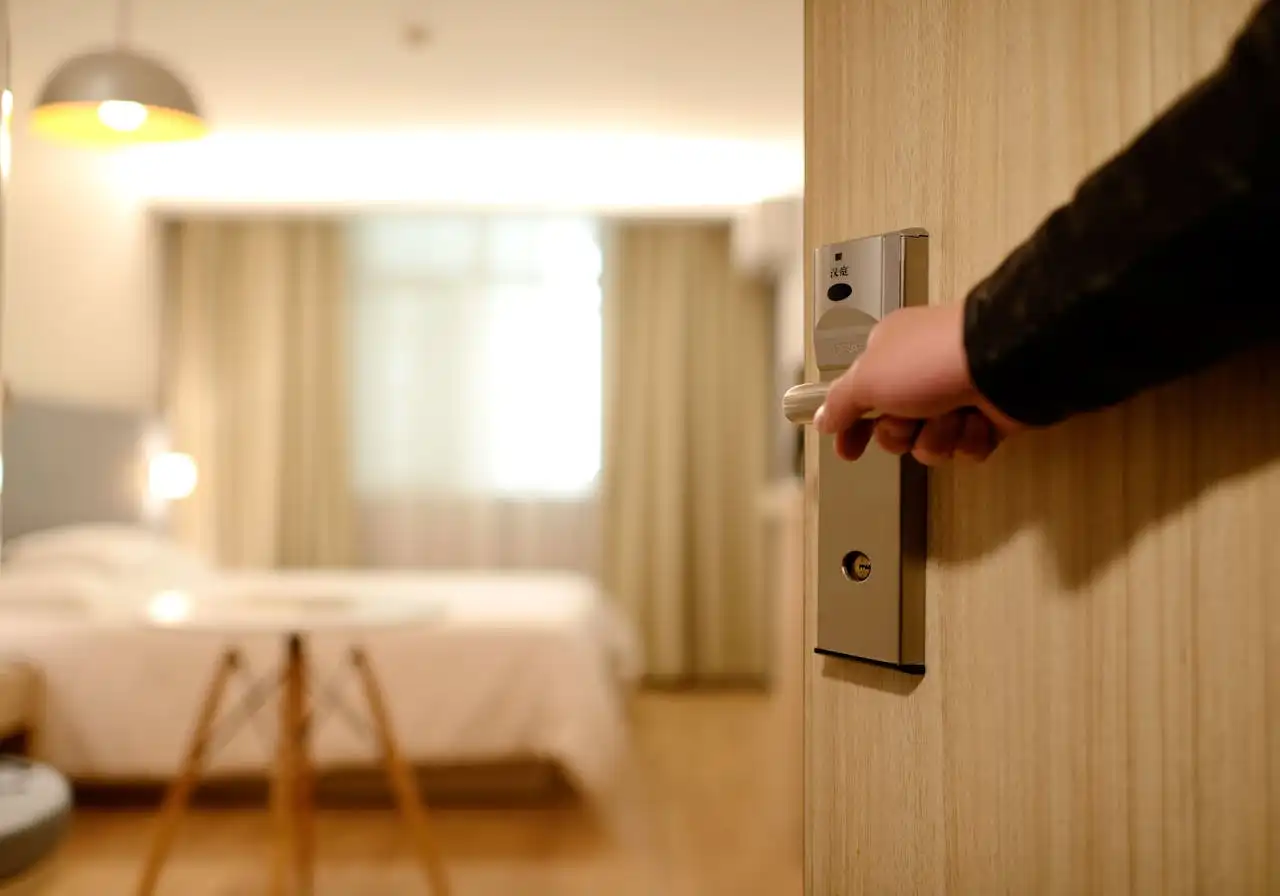
Your Ultimate Guide to Nailing That Weekend Getaway Hotel Stay
6 months ago
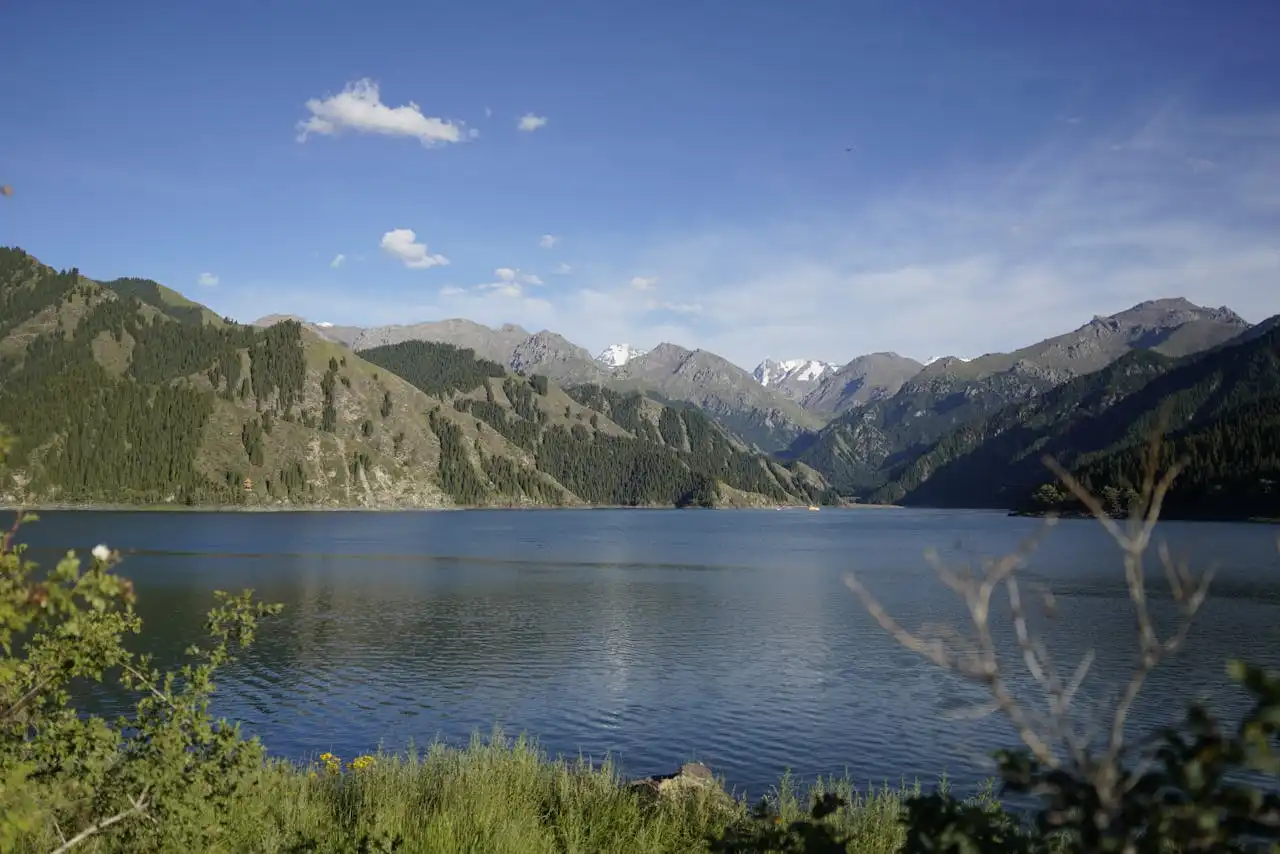
Secret Natural Beauty: What are Kazakhstan's Must-Visit Natural Tourist Attractions?
6 months ago
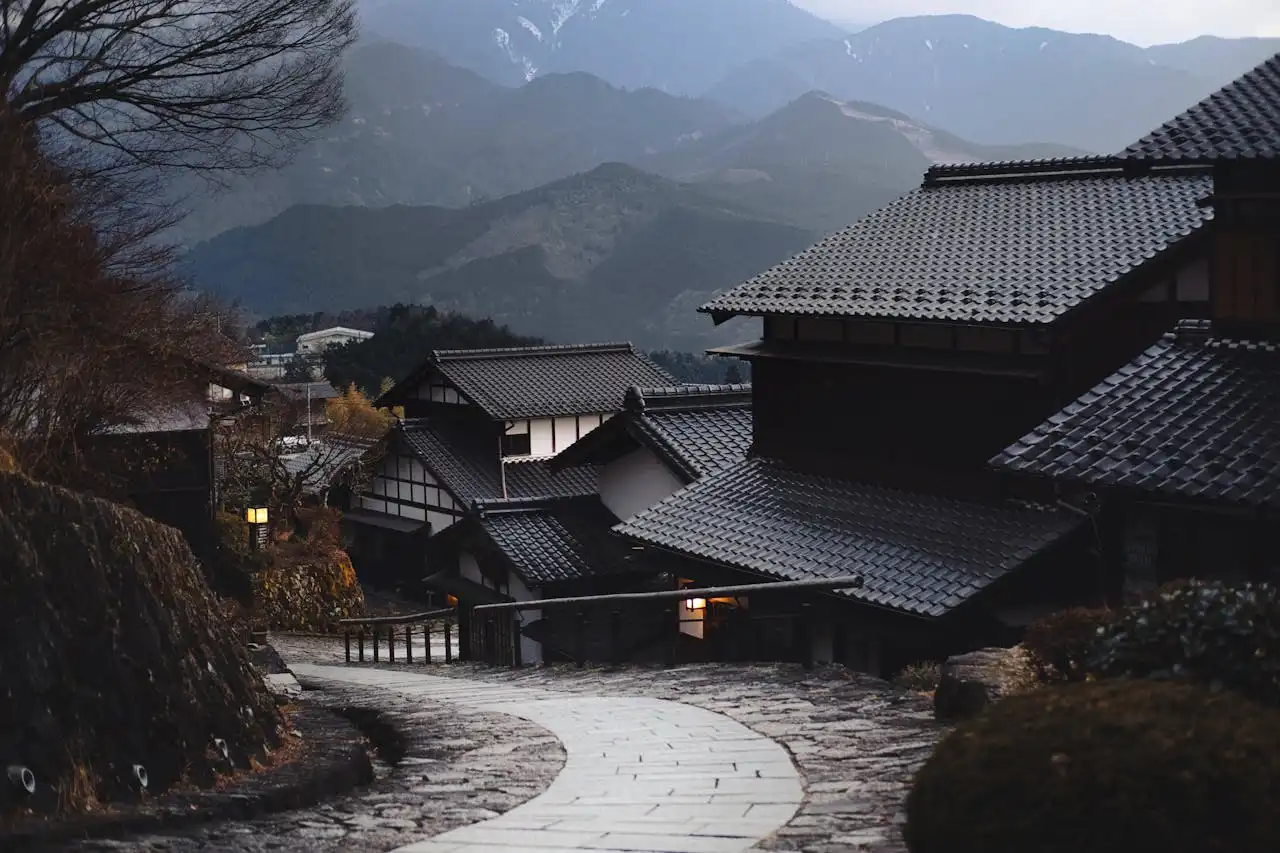
New Travel Rules for Japan in 2025: What Travelers Need to Know
6 months ago
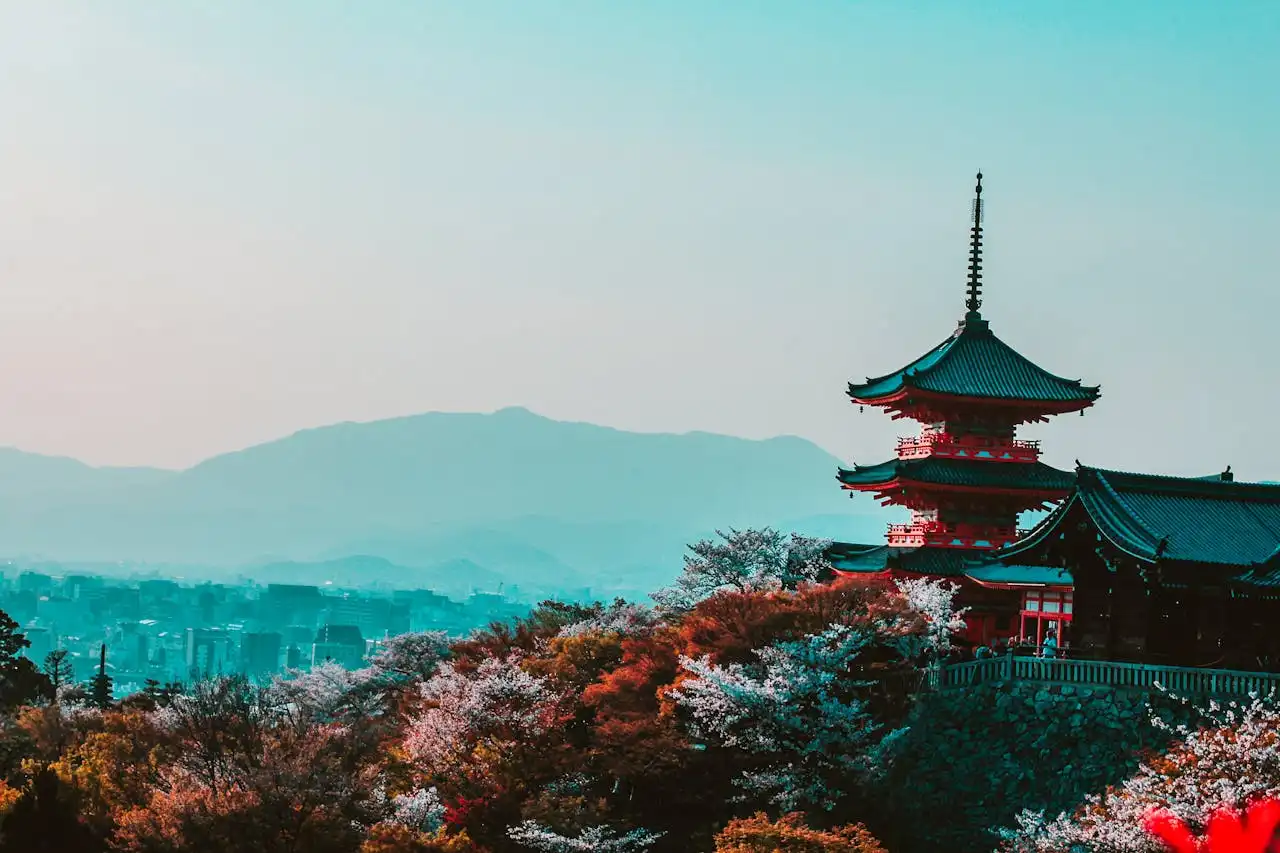
Beyond the Beaten Path: Unveiling Japan's Next-Level Hidden Gems
6 months ago
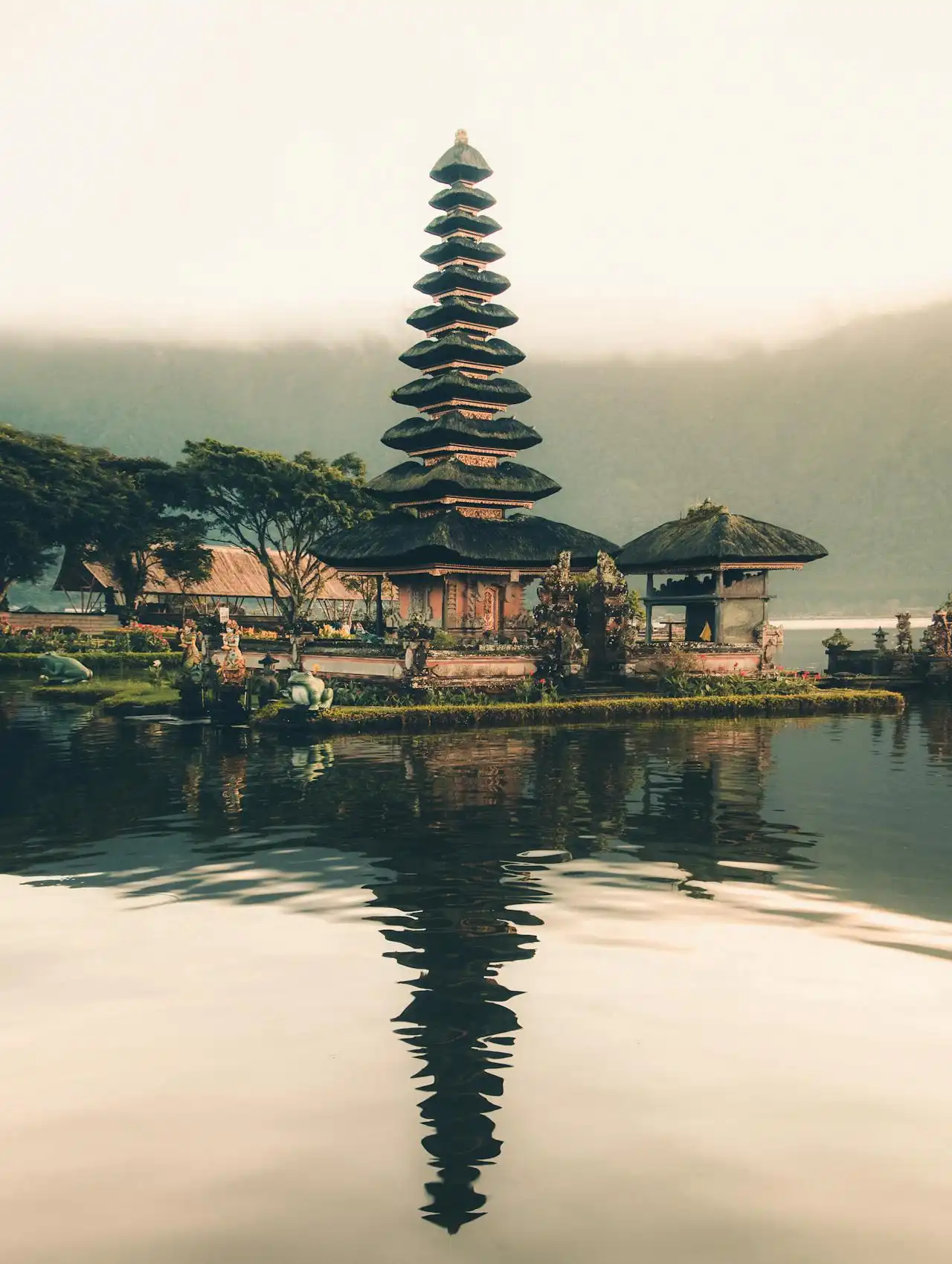
From Blighty to Bali: Why Japan and Indonesia Are Stealing British Hearts (and Holiday Plans)
6 months ago
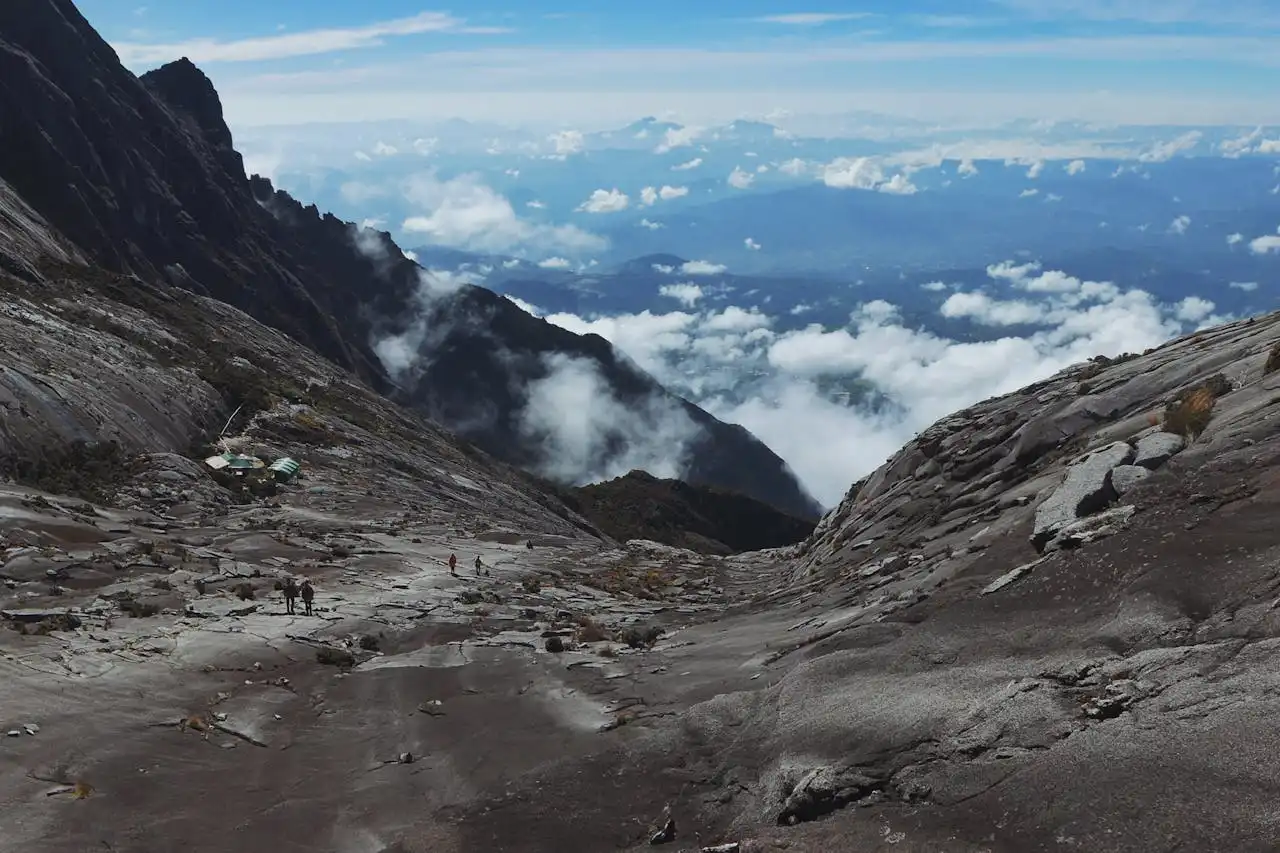
Forget What You Heard: Malaysia is the Climbing Paradise You Never Knew Existed
6 months ago

Your Solo Staycation Survival Guide: How to Ace That Me-Time Without a Hitch
6 months ago
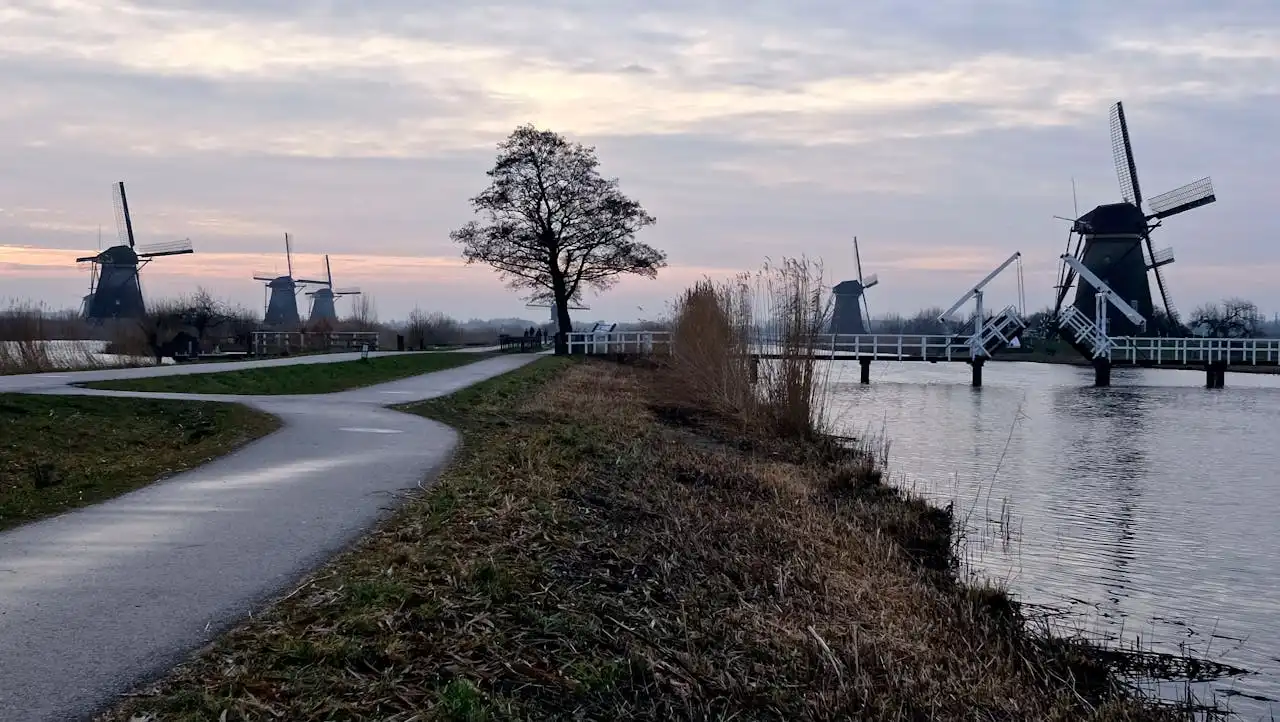
Windmills and Wallets: Kinderdijk's Iconic Landscape Faces a Fee Furore
6 months ago
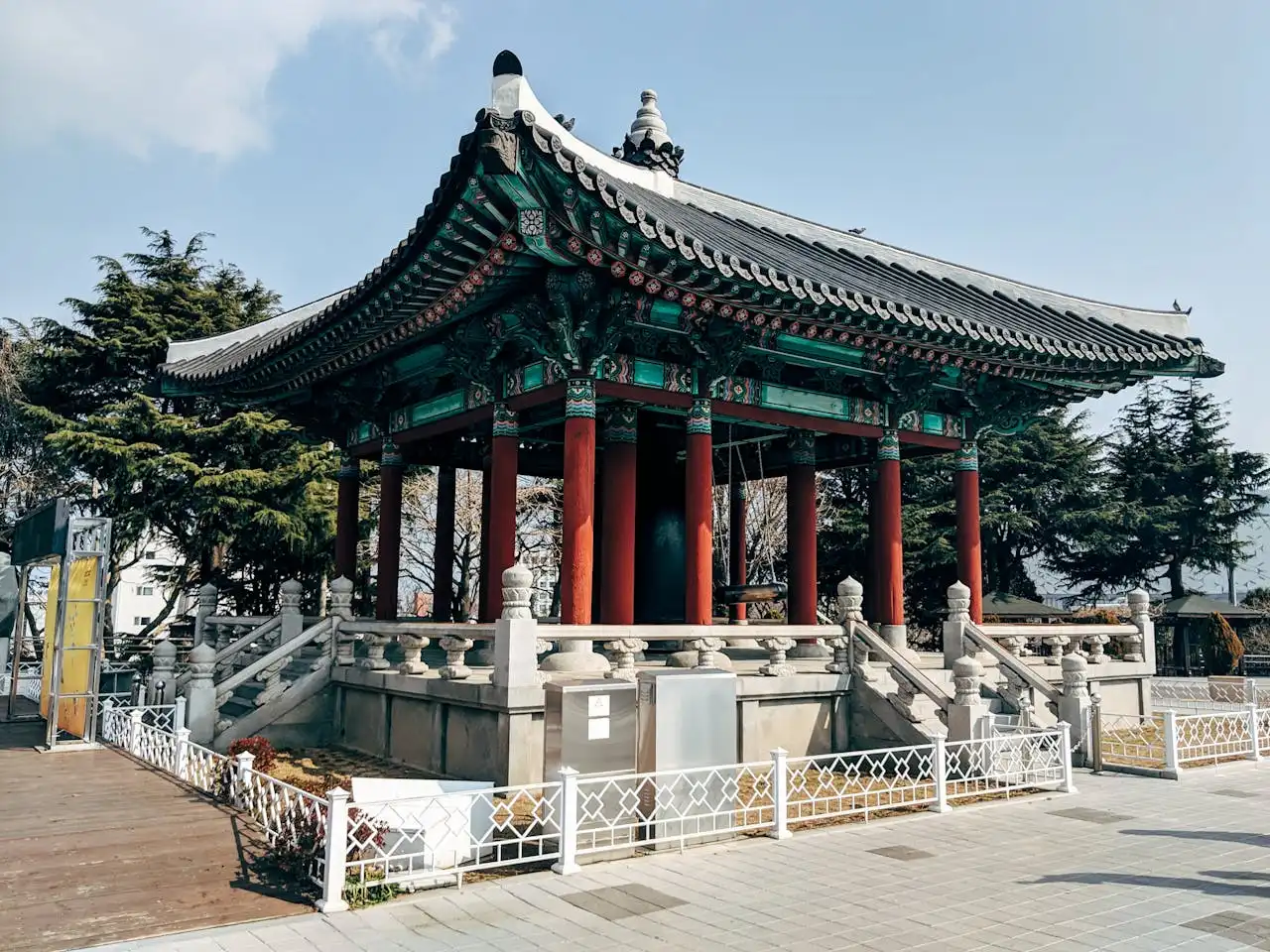
From Screen to Scene: How K-Dramas Are Turning Filming Locations into Fan Pilgrimages
6 months ago
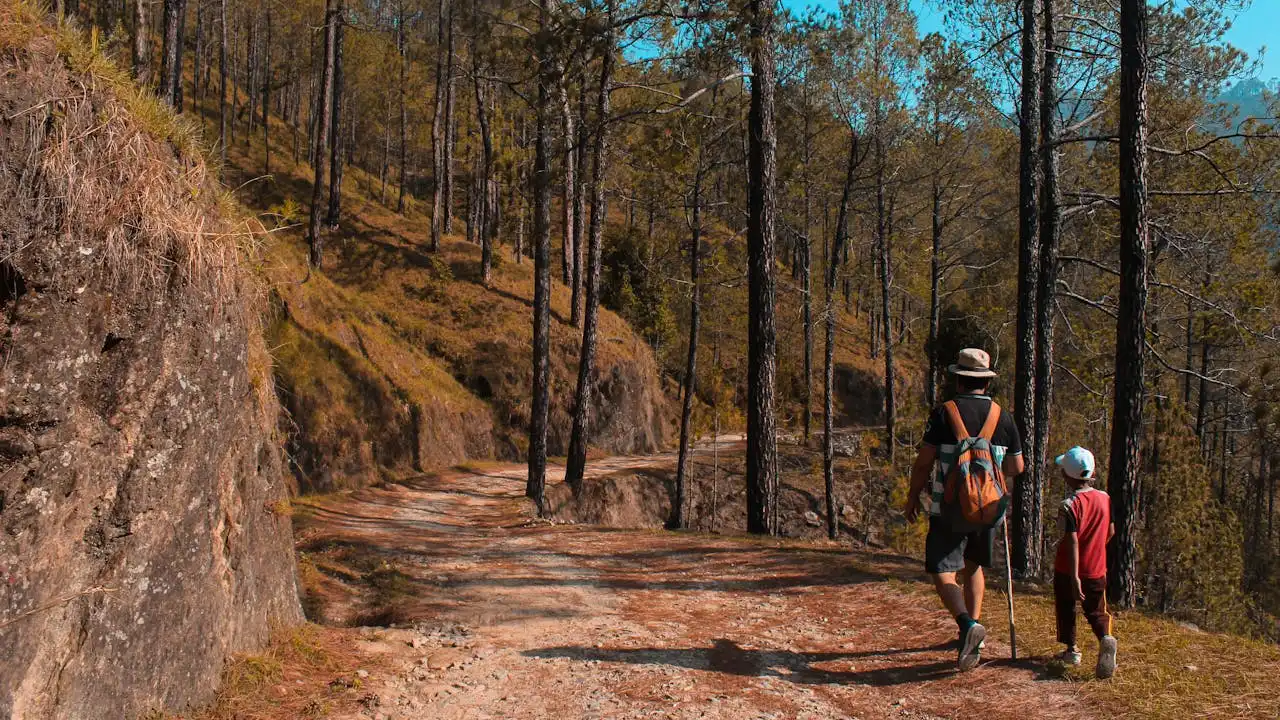
Want to Start Backpacking? These Countries Offer Captivating Beauty at Low Cost
7 months ago
